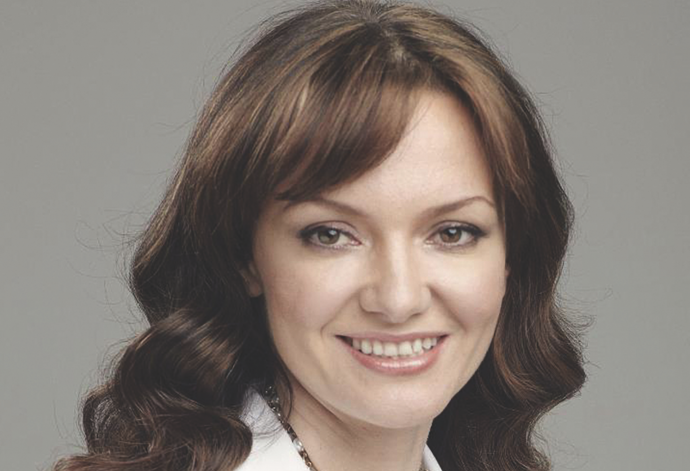Written by Valerie Goldburt, MD
All right, men, it’s that time — warm enough to spend the days outside, whether it’s hitting the sports fields, barbecuing with your friends or perfecting your tan line. However, it’s important not to be in the summer sun without practicing proper skincare.
In recent years, Centers for Disease Control and Prevention surveys discovered that only 14.3 percent of American men use sunscreen regularly, compared to 29.9 percent of American women. Additionally, 43.8 percent of men never use sunscreen on their faces and 42.1 percent never use it on other exposed skin. These statistics are alarming, especially for men with fair skin or a familial history of skin cancer. We can’t counsel patients enough that protective measures are the most important weapons to reduce the potential for skin cancer and premature skin damage and wrinkling.
UNDERSTANDING UV RAYS
There are two types — UVA and UVB rays. UVA rays penetrate deeper into the skin, causing age spots and premature aging and increase the risk for skin cancer. UVB rays affect the skin more superficially yet can cause severe burns and skin cancer nonetheless. These forms of UV rays are most intense during the summer months, overcast or not.
So here’s how to enjoy the sun while protecting your body’s largest organ from UV rays.
1) USE BROAD-SPECTRUM SUNSCREEN WITH AN SPF (SUN PROTECTION FACTOR) OF AT LEAST 50.
An SPF rating alone indicates protection against UVB rays but not necessarily UVA rays. While companies are still attempting to concoct sunscreens to diffuse UVA rays entirely, my recommendations are sunscreens labeled “broad-spectrum.” These sunscreens are the best protection against both UVA and UVB rays.
2) REAPPLY SUNSCREEN EVERY HOUR.
If your broad-spectrum sunscreen has an SPF of 50, you should reapply the lotion every hour, especially if you’re perspiring or swimming. Sunscreens with higher SPFs (85+) can be reapplied less frequently.
3) SEEK SHADE BETWEEN THE HOURS OF 10 A.M. and 2 P.M.
This time frame, especially during the summer, is when the sun’s rays are the most intense. It’s wise to limit your activity outside during this period. But if you do need to be outdoors between 10 a.m. and 2 p.m. make sure you are disciplined about the type of sunscreen and its reapplication, as mentioned above.
4) WHEN POSSIBLE, WEAR LONG SLEEVES AND PANTS.
Sunscreens are no guarantee to prevent all sunburns. While not always feasible during the hot months, the best way to prevent skin damage is to cover your skin entirely. Light colored, light fabric shirts with long sleeves provide you with skin protection and keep you cool. Pants are also effective. (I often see patients with skin cancer on their legs.) So if you are going to wear long sleeves, especially during July and August, make sure you hydrate properly to avoid heat exhaustion. This means drink water or Gatorade before you become thirsty.
5) HATS AND SUNGLASSES ARE IMPORTANT, TOO.
Hats can be extremely beneficial to protecting the skin on your face. I highly recommend wearing large brim hats that provide shade for your face. And on behalf of my friends in ophthalmology, I’d also like to stress the importance of sunglasses. UV rays can be harmful to the eyes, so effective sunglasses are highly recommended.
6) DON’T UNDERESTIMATE THE SUN ON COOL AND/OR CLOUDY DAYS.
People tend to think that overcast days can’t damage their skin, or that cool weather diminishes the harmful UV rays. Here I want to stress the distinction between heat and UV rays. Just because the sun may be partially blocked and the temperature may be a bit cooler than usual, that doesn’t mean that the sun’s UV rays can’t burn your skin.
Skin damage can be tough to treat but easy to prevent. So guys (and gals) please take that extra moment to protect your skin. It will reduce your risk of skin cancer and you’ll have healthier skin.
For more, visit advanceddermatologypc.com.

